Think 360 degrees, success will be found: MEC's Shubha George
Adgully: What career milestones do you recall with pride?
Shubha George: Milestones would be indicative of the various challenging roles I have handled in one company over a long career. I have worked pretty much for my entire life within the WPP group: from the pre-media agency days to the time we began to offer full services, while I was with Oglivy and JWT. I think it is testament to the group's power to provide an individual with challenging roles over long period. Also, I am really proud of the fact that we started MEC from scratch in this country. It was a relatively late entrant into the market, but managed to elevate it successfully to the position it is in today. That is a key milestone too.
AG: How dramatically has media evolved in India?
SG: Oh, it is totally different today from what it was when I started out! When my career began, cable and satellite TV were beginning to find a footing in India, so media planning was simpler because fragmentation was lesser. Research was available but not to the extent it is now. There was hardly any use for econometrics or similar tools at that time. I think over the years, and particularly after media agencies became specialists, the sense of accountability has grown in the industry, spurred by the recognition that we as professionals bring in clients' money. I think that is a big change. In the early days, there was accountability but it was more in a linear and literal sense. Today, there is accountability to the brand, and how brands perform, because research has become more advanced. There is greater accountability in the way we plan and buy. ROI is very important. Now I think †with the advent of digital platforms †over the next four to five years, accountability will factor in not only brand head scores but also brand sales and what kind of returns or responses you are getting instantly after you place an advertisement.
AG: What are the shape of things to come?
SG: The number one change brought on by the evolution of media will be the influence of digital and mobile platforms. And all of that put together, will make it vital to possess the ability to plan communication in real time. So you will know faster what is working and what is not, and you will be able to act on the information immediately. That will ensure that the service is accountable to clients. The second key change will relate to what we at MEC call "paid owned media' and "owned and earned media'. Paid media is what we are used to now †we buy the spot or an ad on a digital space that is paid. Owned media is where the clients and advertisers and brands own a property †for example, a website, an advertiser-funded programme on television, or a blog. The earned media really comes from what you do in the paid and owned space, where there is media- or consumer-generated content. It could be the viral, word-of-mouth content, or blogs by consumers: in the coming years, the three will start intertwining. That will make a big difference in how media is bought and valuated.
SG: What is your leadership mantra?
AG: All of us have learn our skills from our seniors, and it is important that we pass on that learning to juniors. I think one of the biggest challenges is presented by the pace of work; we are not able to spend as much time as we want in mentoring and coaching our people. It is important to take our staff to the next level and to attract better quality people coming into the industry. My style of leadership is informal and open-minded. At the same time, I like a certain degree of commitment and discipline and pride in what we do.
AG: What are the key strengths of team MEC?
SG: We are a very well-knit team and people genuinely do enjoy working with one another here. There is a lot of pride in working for MEC. That is an intangible aspect, but I have heard it even from MEC in other countries that there is an MECness in people who work here, which you really can't articulate. But you can spot a person who works for MEC from a distance, so there is a certain degree of cohesiveness here. I think the other key strength is that right from the junior most position, the staff is trained to employ the 360 degree thinking and not just focus on TV planning or print planning. So from the very beginning, our people adopt what we call the navigator process to look at any touch point that is relevant and start thinking along those lines. This is unique to our people. If you look at our products in terms of buying and planning, digital, multimedia, we have MEC Access and MEC interaction. For a very young agency, we diversified very early on. We have very mature offerings in these diversifications already. We engage in significant thought-leadership work in the industry. All these are our areas of strength.
AG: What areas have you earmarked for improvement?
SG: Our people have not yet understood the importance of recognition from the wider world. Showcasing our great work to the external world in terms of awards is something that our teams don't seem to understand the importance of. I personally do believe it is important for any agency, which is doing the kind of quality work we are doing, to be awarded a lot in the public arena. That would be a key focus area for us.
AG: What have been MEC's highpoints?
SG: I think every business win has been a highpoint. And more important than just winning the business, is the ability to set up a team and deliver what was promised at the pitch; we have done that always. I think all of our wins have been highpoints. For example, in our early days, HDFC Standard Life was a very big win, then came Henckel and Sony Ericsson. And later, we had Cavinkare in Chennai. Then in Mumbai, we got Beiersdorf's Nivea; and we have had a true partnership with them. We have done great work on MEC Access with brands like Nivea and HDFC Standard Life. We have gone beyond traditional media and created properties like the ones we did with Nivea for Chennai Superkings IPL team. Those are great properties. Now we have brands like Colgate, Mercedes, and Reliance.
AG: What has been a highpoint in terms of client reaction?
SG: We did great work for LG on a TV show called Mallika-E-kitchen. LG is a brand leader in the microwave segment. The specific challenge was help it consolidate its position. So our team came up with the very good idea of doing a reality show †which was telecast on Colors †where we showed that microwaves need not necessarily be used only for heating. We showed that microwaves were great for cooking too. The show aired on Sundays on afternoon primetime. The initiative helped the client win a lot of awards within their system globally, which is very satisfying.
AG: How are MEC operations structured?
SG: We have business teams which act as a window into MEC for clients. These teams are supported by specialists in communication planning and strategy. We have two specialist divisions. The first, MEC Access, deals with sports, events, activation, any kind of entertainment tie-ups, like celebrity tie-ups, and suchlike. So there are six or seven verticals or touch points which they specialise in. Then we have MEC Interaction, which is our digital specialty.
AG: How is the digital medium faring in India?
SG: Some players are engaging with it, some are not. Brands allocate about 4-5% business for online media. What is interesting about the digital medium is that clients who adopt it increase their spending on the medium very quickly. The thinking in most cases is to take a shot with, say, Rs 1 crore or Rs 30 lakh or Rs 20 lakh. There is some amount of resistance and worry about putting aside 30% of the media budget directly into digital. It is also up to us to be able to convince our clients to do it. The flipside is that one who starts with Rs 20-30 lakhs increases the budget in the next campaign. Therefore, I am optimistic about digital's growth. The bigger challenge for agencies will come if they are not prepared to manage that growth. Our principle is to invest ahead of time in digital rather than to wait for the growth.
AG: Where do you see MEC in the next two years?
SG: We will be more client-focused and our delivery will remain the paramount factor in the coming years. When I say client-focused, I mean offering each and every service we have to each and every client. We want to be seen as the most important partner of our clients. In terms of business, I would like to see ourselves growing probably 50-100% over the next two years. And 50% is eminently possible.
AG: What did the recession teach MEC?
SG: I think the biggest and most important learning was the need to protect our teams. And we held on to our people. We had to do things to motivate people and keep them secure because the pace of work reduces in such times. We understood this and prepared our teams for a slowdown. That was the key learning: to keep people happy in a period which was challenging for everybody. The other key learning was to use our time for new business.
AG: Any new launches or research projects in the offing?
SG: Yes. We are carrying out a study on digital habits not just in the metros but also in smaller towns. We will publish the findings some time in September. Another thing I am really proud of is that we are the only agency that conducted a research on the IPL to estimate ratings. In the league's second season, we got a bingo, we predicted 5.2 and it was 5.2 exactly!
AG: How important is research for an agency?
SG: I think it is very important. There are two types of research studies. The first is available in history, and how well you are able to use it depends on you. The second, which MEC does a lot, is to go out and meet consumers. We conduct large-scale qualitative and quantitative research studies from which we can get learnings for our clients, and †as an industry leader †for the industry itself. We do this across the world and are doing it in India as well. The IPL studies were a part of that series. And the next one is on the digital medium, as I have indicated.
AG: Finally, young talent in India would be grateful for any advice¦
SG: They should show passion for and dedication to work. And all good work comes from having some amount of self-motivation and wanting to give one's best. "Chalta hai' attitude never works. Also, young people need to balance their personal life and work life. They must be focused on work and take time out for everything else that is important for them in life.


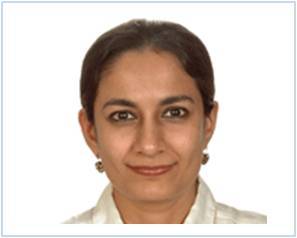
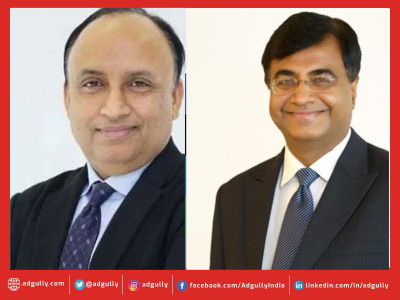
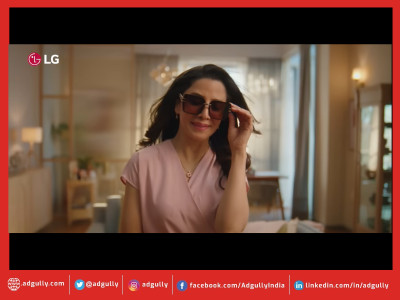
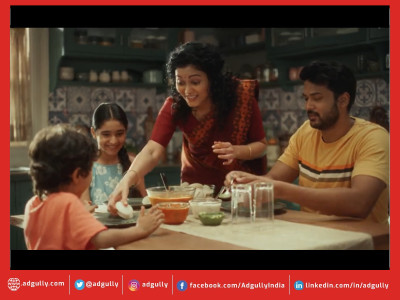
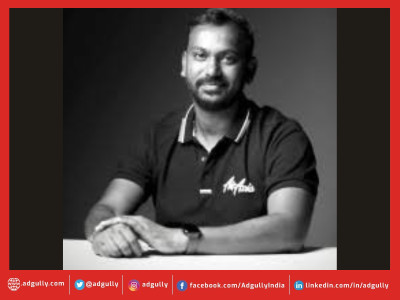


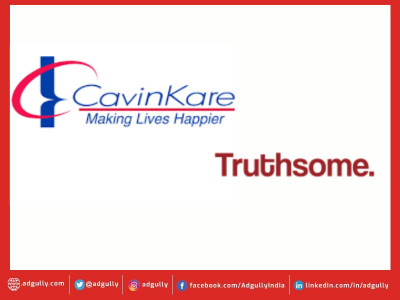

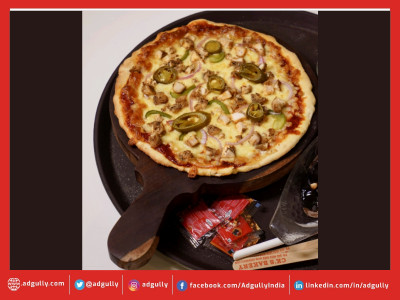
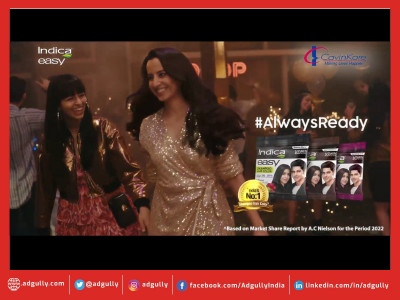

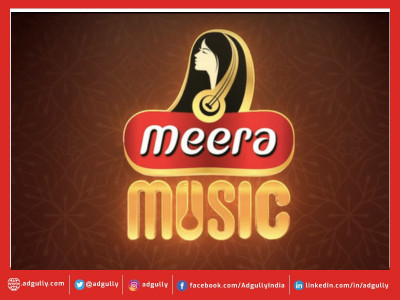

Share
Facebook
YouTube
Tweet
Twitter
LinkedIn